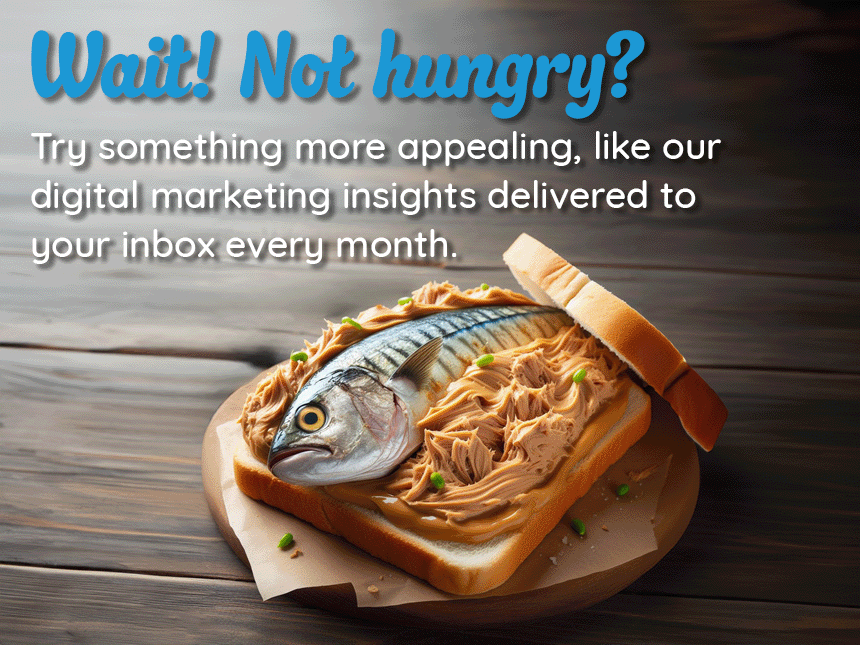Digital Advertising for eCommerce: What Platform Should You Advertise On?
 So you read about a company tripling their sales rate with Amazon ads, increasing their revenue per order on Google Shopping, or selling out their inventory in a week advertising their shop products on Instagram.
So you read about a company tripling their sales rate with Amazon ads, increasing their revenue per order on Google Shopping, or selling out their inventory in a week advertising their shop products on Instagram.
It’s easy to think just propping up some ads on any given platform will wield instant results (sort of like buying that workout program .pdf will shape you up in just 2 weeks!), but these results are rare without strategic consideration. On the flip side, it’s also easy to become overwhelmed by all the different options, each touting their best-of-all audience targeting and impressive big growth case studies.
In either case, when it’s time for your team to start extending your products further online with ecommerce advertising, you’re going to have to choose a platform (or two) and you’ll want to do more than just spin a wheel or go off hearsay.
Clients often come to us either having already chosen a platform based on their own beliefs of what will work or looking for direction on where to go. When we’re putting together a strategic ecommerce campaign plan, our team considers a wide range of factors, the most critical being the audience, budget, inventory, current website, and the bandwidth of the client’s marketing team.
If you carefully consider each of these factors around your product and brand before launching a campaign, there’s a much stronger chance you’ll see retail sales success from the advertising platform you choose from the get-go.
Your Customer (Audience)
Every ecommerce site or ad channel has its own set of audience targeting capabilities. Some have more options around personal interests, some have more data around users’ buying behavior, some can match customers similar to those of your competitors. Your first step here is to get very clear about WHO your buyer is, HOW you can identify them, and then narrow your options to those ad platforms that have the targeting options capable of finding them.
If you aren’t sure which platforms have which targeting options, browse their web pages detailing their ad programs or ask your agency partner to walk you through a few options. Match up your audience and you’re one step closer to a plan.
Budget
We won’t act like you haven’t heard it before, but we have to say it, because it’s an honest truth. The size of your budget dictates what you can do.
Be realistic with yourself about how much you have and what is possible with it. To be specific, an ecommerce campaign can have several different objectives beyond just product sales, like breaking out into a new region or market, launching a new product, or gaining brand awareness. Some are more costly than others to accomplish. A lower budget may only be able to focus on one or two of them. A higher budget may warrant a few platforms to cover all angles.
What’s a low or high budget? Most platforms have forecasting tools that show you how far your dollar will go with your chosen audience. Explore these options or get an estimate from an agency on what they’ve seen work for an industry or product like yours.
Product Catalog (And Inventory)
How many products are you selling online? 500k, 500, 50, 5? How many products you have and how detailed the info is for them online will influence your platform choice for ads.
Data quality (all the info about your products) is critical to certain platforms. If you want to sell on Google Shopping, you’re going to want to have excellent and up-to-date product detail. Without it, you might instead consider leading customers to purchase on your website, like from an ad on a social media platform or search engine.
The size of your catalog matters. Fulfillment and accurate inventory becomes trickier with some platforms (especially if using multiple!). Advertising a large catalog of products requires more budget, significantly more management, and more in-depth analysis. Choose a platform that can accommodate big data and has strong analytical resources available.
Website
Are you selling products on your site? How is the user experience? Website quality is more important than ever to buyer trust. If your site experience isn’t great yet, consider choosing a platform users already trust to buy from, like Amazon, Walmart, or Target.
If your website is an ecommerce work horse, consider ad campaigns that lead customers to buy directly on your site in addition to or instead of those platforms, saving you more fulfillment work and commissions costs.
Marketing Team Bandwidth
Do you have a dedicated marketing manager or team? How much time and resources do they have for ad creative, product data quality & troubleshooting, and analysis? How knowledgeable are they?
Some platforms and even industries will require strong engagement to get results, let alone keep up. Others can still gather decent traffic with minimal effort. Be realistic about whether your team is going to be well engaged with the campaigns or needs something more low maintenance.
For example, Amazon ads often need testing of different targeting and creative and an eye on seasonal and competitive shifts to keep a steady stream of sales or to find the “sweet spot”. Google Shopping has a tendency to have product or policy issues that need quick attention to keep things running smooth. On the flip-side, Instagram, Facebook, Pinterest, and Google Search or Display can typically be lower cost and lower maintenance long-term, once your targeting is in a good place.
It’s as Strategic as You Make It
With the considerations all laid out, do you feel better or worse?
The truth is, almost anything in life can be made more or less complicated. In the case of digital advertising for ecommerce, more effort on strategy will yield better results, but you also can find benefits with simple approaches that you grow over time. The “tricks” really are simply in knowing your product and customer clearly, learning a little more about how different ad platforms work, being realistic about results within your budget, and getting help when you’ve reached capacity.
Have you run ads for online retail in the past? What was your experience? If you’re looking for help improving what you already have, want to hand off your strategy to a professional agency, or are looking for a new agency to manage your ecommerce digital marketing, we can help. Our paid media team uses strategies like these to assist companies in online business growth.



